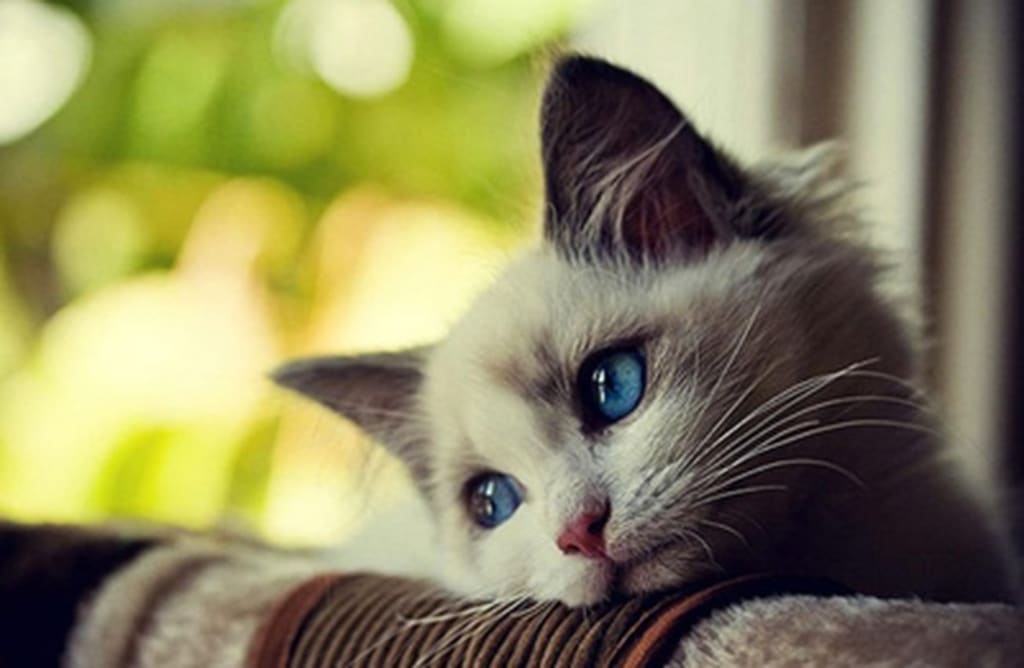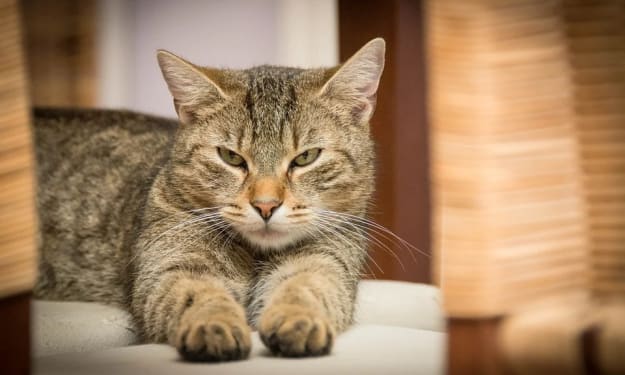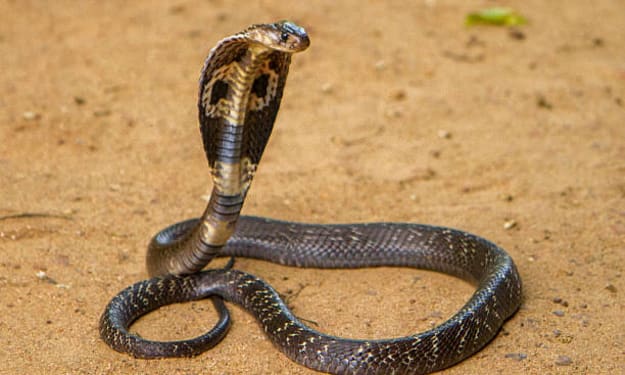
Vaccinating helps your cats combat fatal diseases. However, it covers some risk. Recently, there are many arguments about the timing of prevention and cat vaccine schedule. Besides, the safety and necessity of some vaccines are discussed.
What benefits of this give your cat? Cat vaccination is both beneficial and risk. We must take it into consideration carefully as it affect the life and health of the cat. Veterinarian can recommend a suitable the best and safest cat vaccine timeline for your cat. Here are answers to some of the most common questions about vaccines for cats:
What exactly is cat vaccine?
Vaccines help cat’s immune system prevent the invation of disease-causing organisms. Vaccines contain the same antigens as the organisms cause disease but they do not. This helps the cat’s immune system recognize and fight the pathogen or reduce the severity of the disease. When vaccinated, the cat’s immune system will be slightly affected.
Vaccinating plays an important role in caring cats. However, it is always not vital for all cats. You should ask the veterinarian advice on the most suitable vaccination method for your cat.
Factors need to be considered including: the cat's age, medical history, environment and lifestyle. Most veterinarians recommend that you should vaccinate your cat the core vaccines to protect them.
What are the core vaccines?
The American Association of Feline Practitioners has classified vaccines into two categories: core and non-core. The core vaccines are considered to be important to all cats. They help release pain and prevent cat from viruses such as feline viral rhinotracheitis (FVR), feline herpesvirus type 1 (FHV -1) and rabies.
Vaccinating the non-primary vaccines depend on the lifestyle of the cat. These include vaccines which aggainst feline leukemia virus, Bordetella, Chylamydophila ( virus cause eye infection leading to conjunctivitis) and feline immunodeficiency virus.
Cat vaccinations law
Every country has its own laws to manage rabies vaccination. Some countries require regular rabies vaccination every year. Others are vaccinated every 3 years. However, certification of rabies vaccination is required in most of countries.
Adult cat should be vaccinated annually or every 3 years. The cat vaccination depend on kind of the vaccine, the age, medical history, and habitat of the cat. (See more at petmart.vn)
Kitten will receive antigens from breast milk. If mother cat is in good health, these antigens will help protect the kitten to prevent infectious diseases until it’s immune system develops.
When the kitten are between 4 and 8 weeks old, vaccination of the kitten can be started. Besides, vaccinating can be conducted to cats from 3 or 4 weeks old to 16 weeks old.
Cat vaccination depend on the mother's antigens
Like dog vaccination, the failure of vaccine in cats is from interference antigens of mother cat. The mother cat transports antibodies to protect the kitten through the placenta and colostrum. Antibodies are small protein molecules preventing disease. They are made by a number of cells, called "B cells".
These protein molecules make reactions against external molecules like bacteria or viruses. These antibodies combine certainly protein molecules on outer molecules in order to inactivate them.
The age of kittens can be vaccinated is in direct proportion to the amount of protective antibodies they receive from the mother cats. The high level of antibodies will prevent the vaccine's effectiveness. When the antibodies reduce, immunity can be produced through vaccination.
Antigens from mother cats are in blood of the kitten in several weeks. From one day to some weeks, antigens in body’s kitten are too low to protect the kitten against the disease. However, it is too high to allow a vaccine to work. This is a very sensitive stage. In this period, although the kitten cats are vaccinated they can become infected.
Difference between vaccination schedule and exposure
Cat vaccination does not provide immediate protection. It takes a few days to a week or more for the cat's body to respond to the vaccine. Immunity is usually made after 2-3 weeks of the 2nd injection.
A small cat is easy to get sick. Particularly, if it contacts the cause of the disease before the vaccine stimulates the immunity, the risk of infection is high. Kitten vaccinated for feline leukemia disease and before contacting to the virus can get sick a few days later.
The short time between vaccination and exposure to the disease can lead to disease development. This is also true if the time between vaccination and exposure is too long. Some immunizations can protect a mother cat for life.
Others, such as the feline leukemia vaccine can only protect cats in a short period of time. The duration of protection from vaccines also varies. It depends on the type of disease, the vaccine, the age of the vaccination and the immune system of the individual.
Is cat vaccination risky?
Immunization will slightly stimulate the animal's immune system to prevent specific infectious diseases. This can also lead to a range of reaction from pain at the injection site to fever and allergy.
Other signs include injection site lumps and vaccination-related immune diseases. As said, vaccines have saved countless lives and played a vital role in fighting against infectious diseases in cats. Therefore, it is important to be aware of necessity of cat vaccination.
Like any medical method, vaccines have some adverse effects. However, this risk of them is less than that of the diseases. Finally, it's important to tell the veterinarian about your cat's medical history before vaccinating it.
Maybe you didn't know: how to discipline a puppy
Abnormal symptoms of the cat vaccination
Most of cats have no signs of becoming ill after vaccinating. The side effects of the vaccine are usually slight and do not last long. You have to pay attention to take care of the kitten on time. Clinical signs include:
• Fever
• Severe lethargy
• Loss of appetite
• Vomit
• Dỉarrhea
• Swelling and redness around the injection site
• Lameness
Note
The vaccines given to cats contain specific strains of the virus or bacteria that cause the disease. A vaccine produced from a strain may not create sufficient protection against another. This is true for Caliciviruses in feline.
A vaccine may be inactivated if not handled properly. This situation is less common. But it can happen if the vaccine contact UV exposure or if the time between when it was rebuilt and when it was used is too long. In addition, that vaccines were not stored at the right temperature can cause the inactivation of them.
The vaccine is developed and injected by a certain route. Either by nose, skin or muscle. If a vaccine is taken in a route which was difference from routes developed, it will be ineffective and can cause considerably damage.
A whole of vaccine should be given at the same time. The vaccine was not developed for all animals without discriminating cats body’s size, except for some cases, the amount of the vaccine for the kittens was reduced.
If the interval between vaccines is too short, vaccine intervention may occur. It is suggested that they should vaccinate at the same time if they have many types of vaccine. Therefore, you should pay attention after vaccinating your cat such as rabies vaccines and influenza vaccine.
About the Creator
Wew Pet
Wewpet the desire to share news, useful information for pet owners, as well as those who want to own pets, how to best care for their pets.






Comments
There are no comments for this story
Be the first to respond and start the conversation.